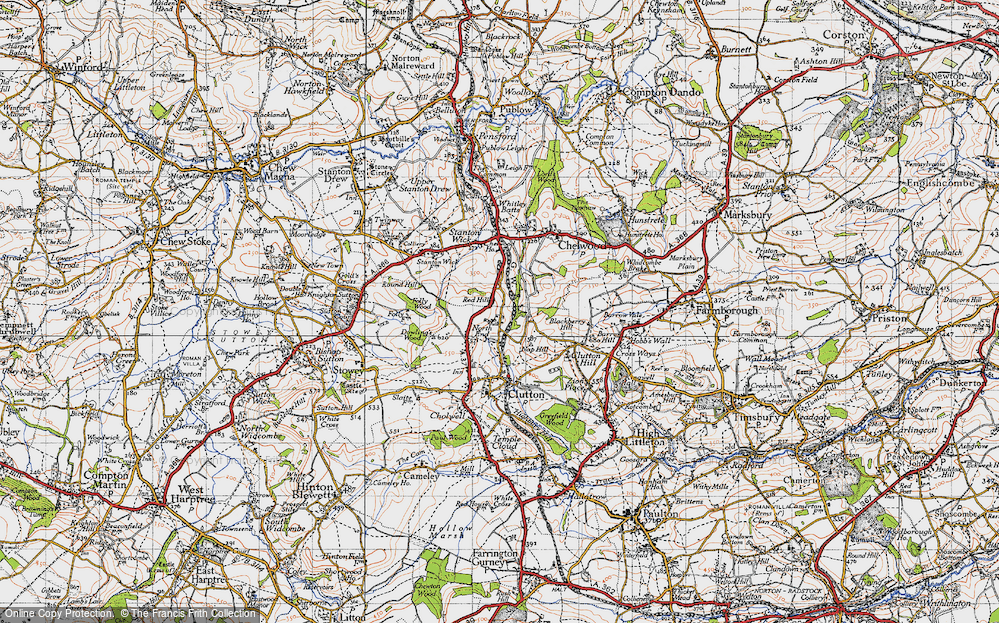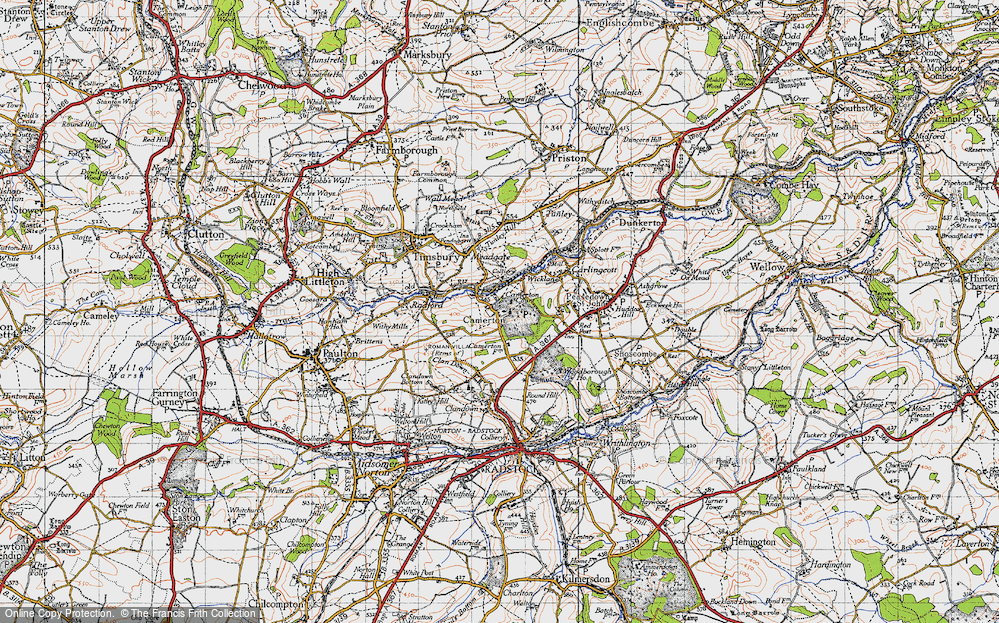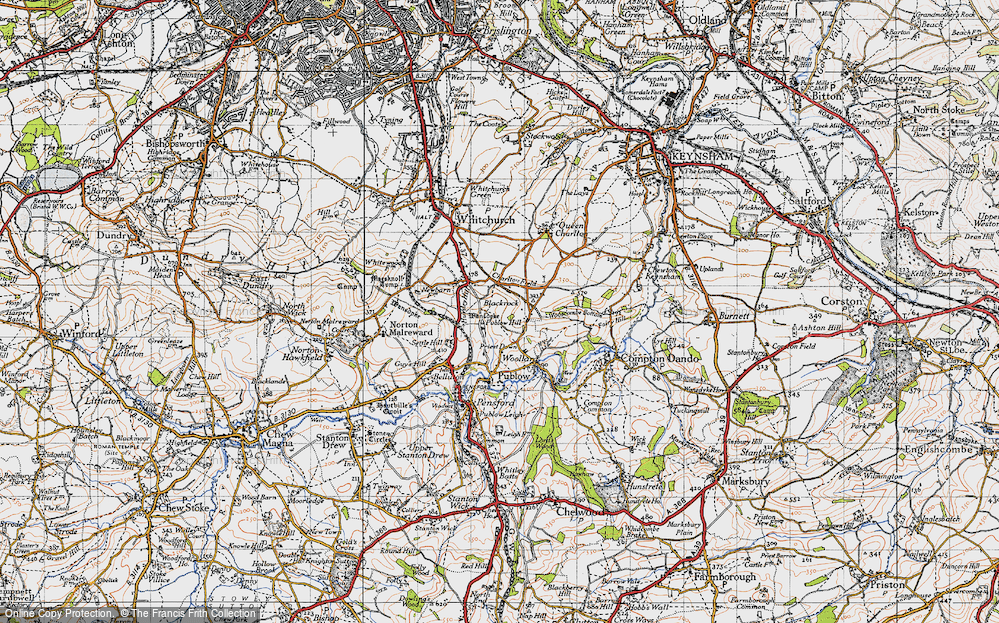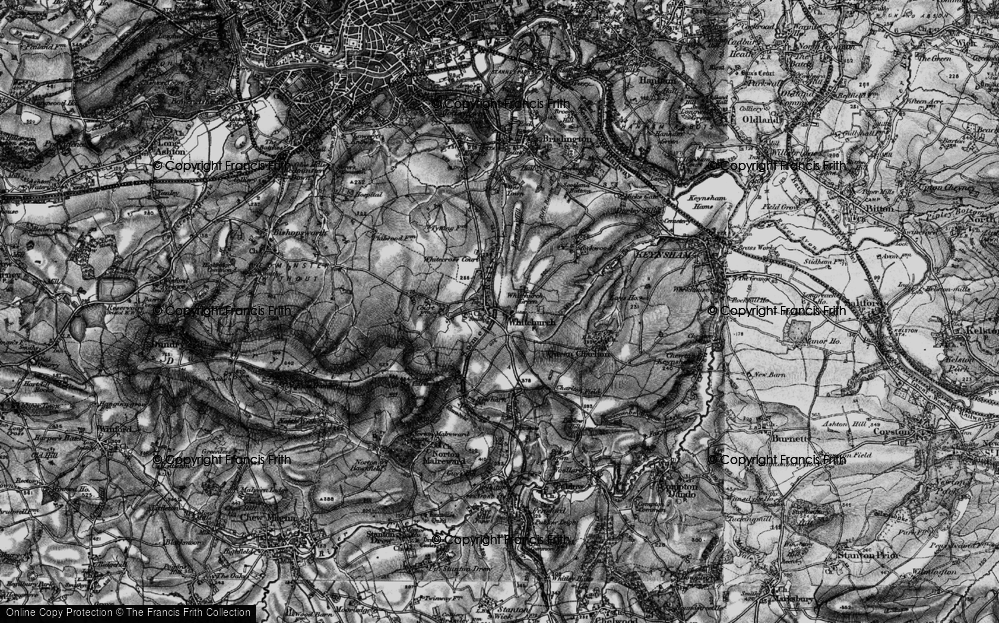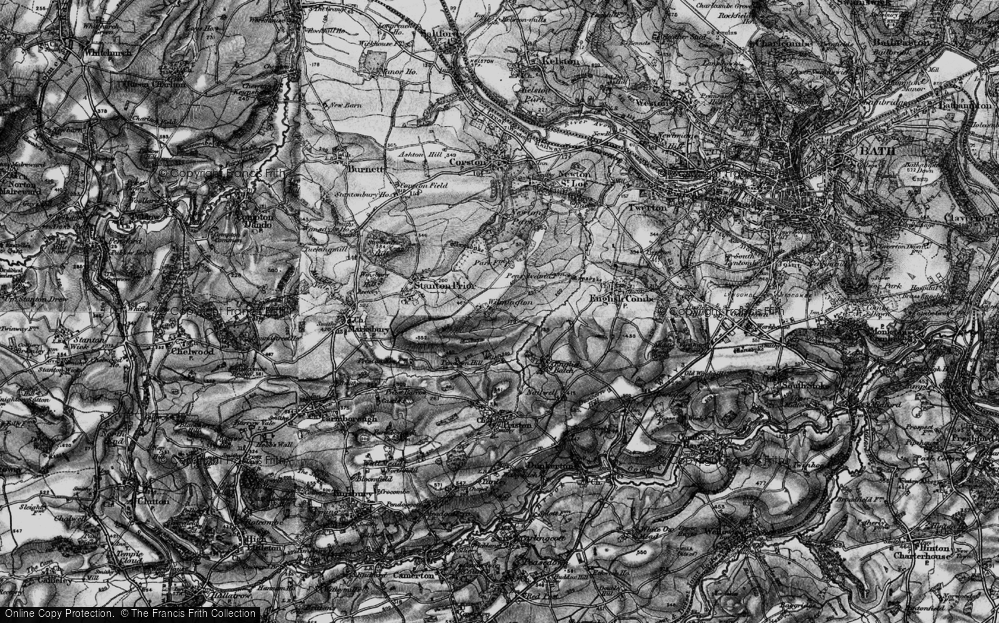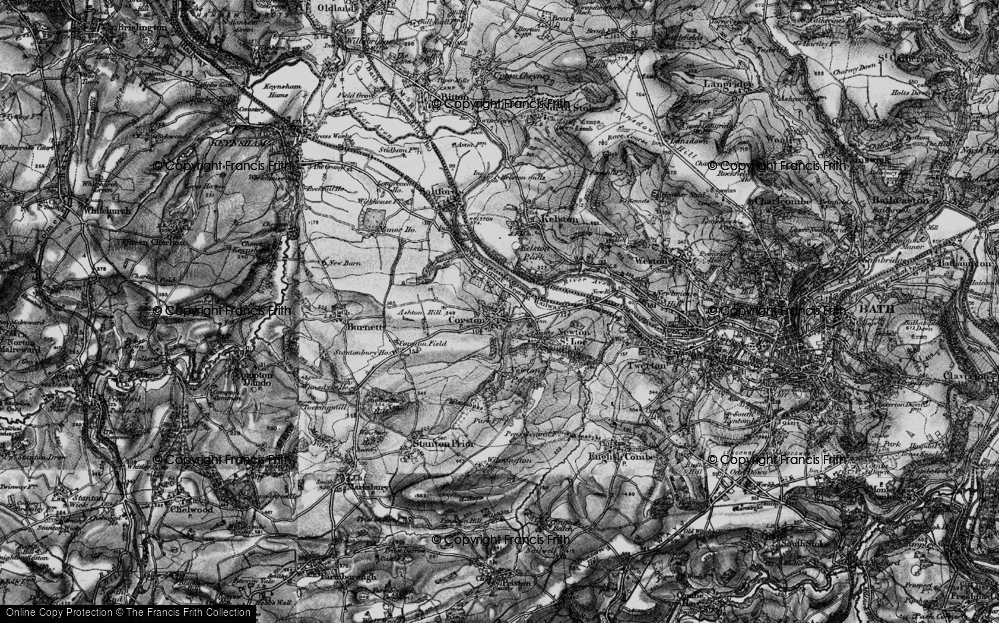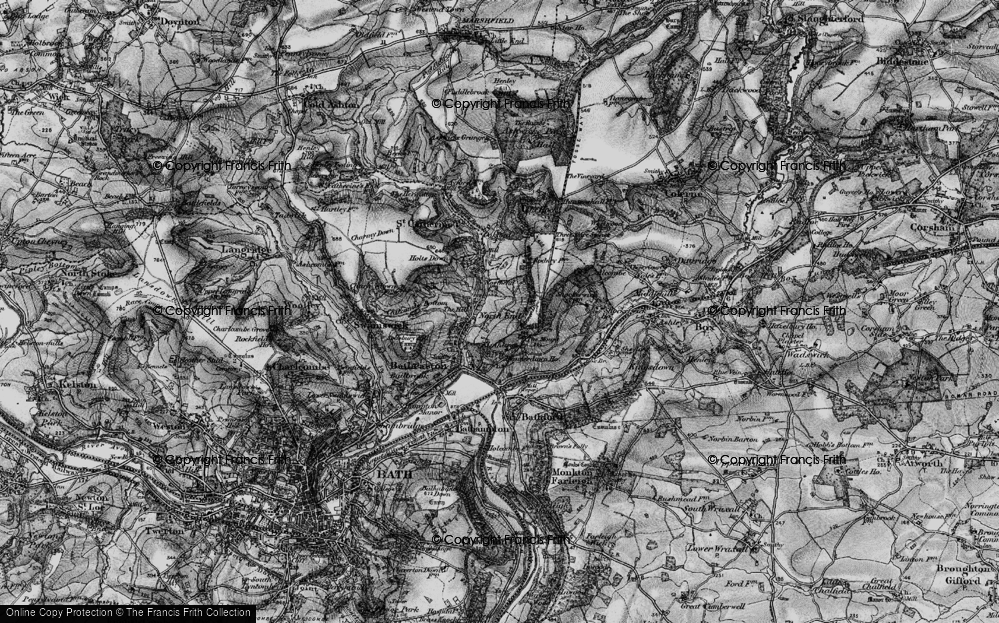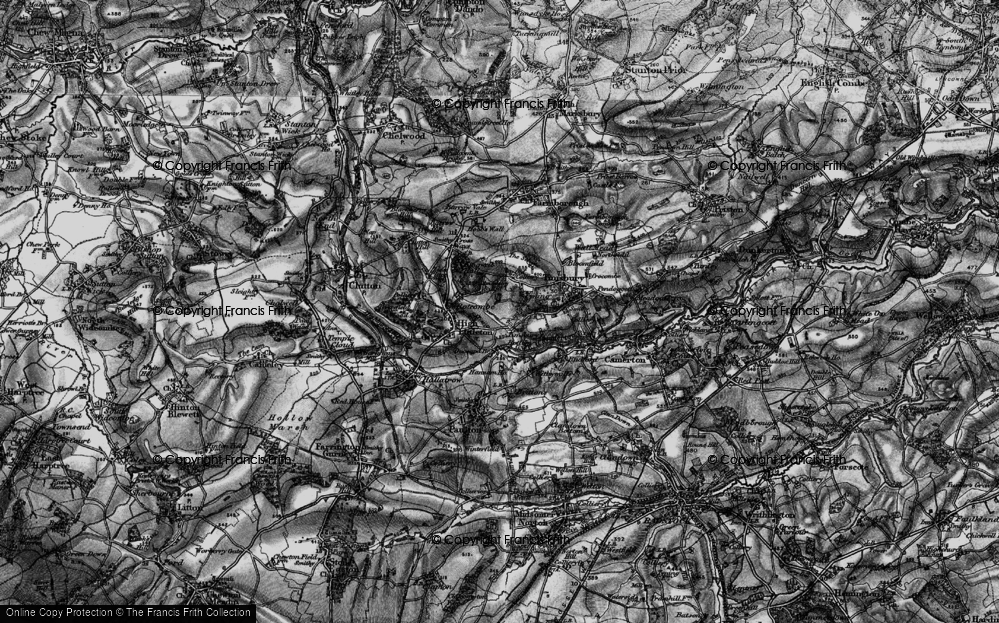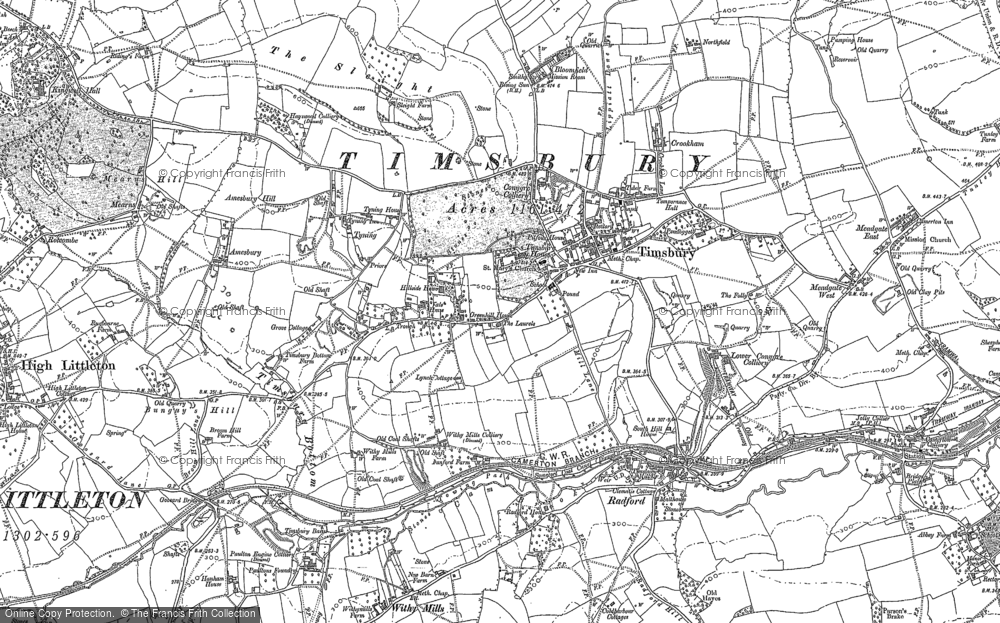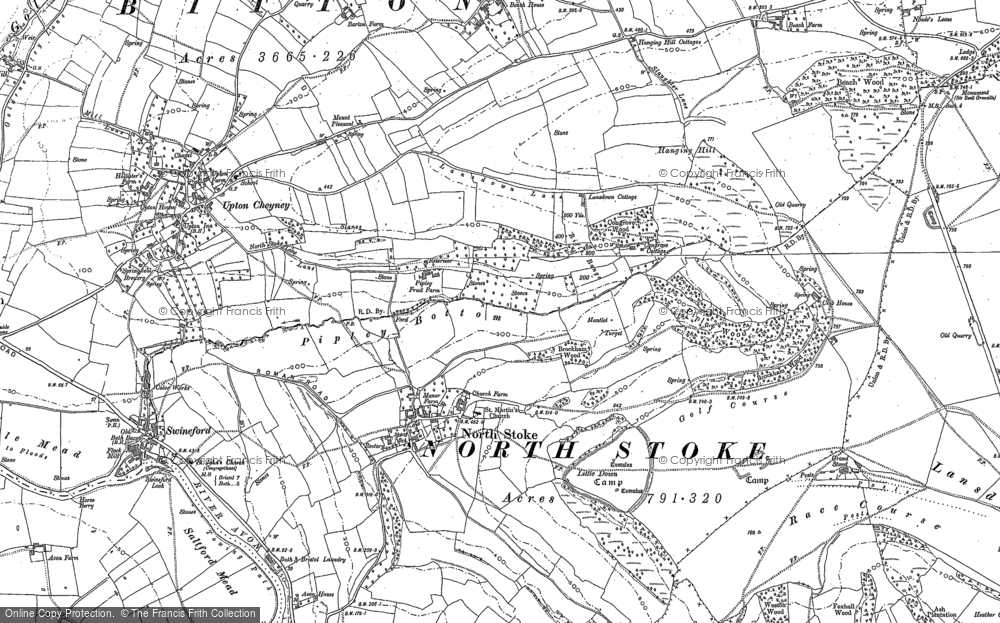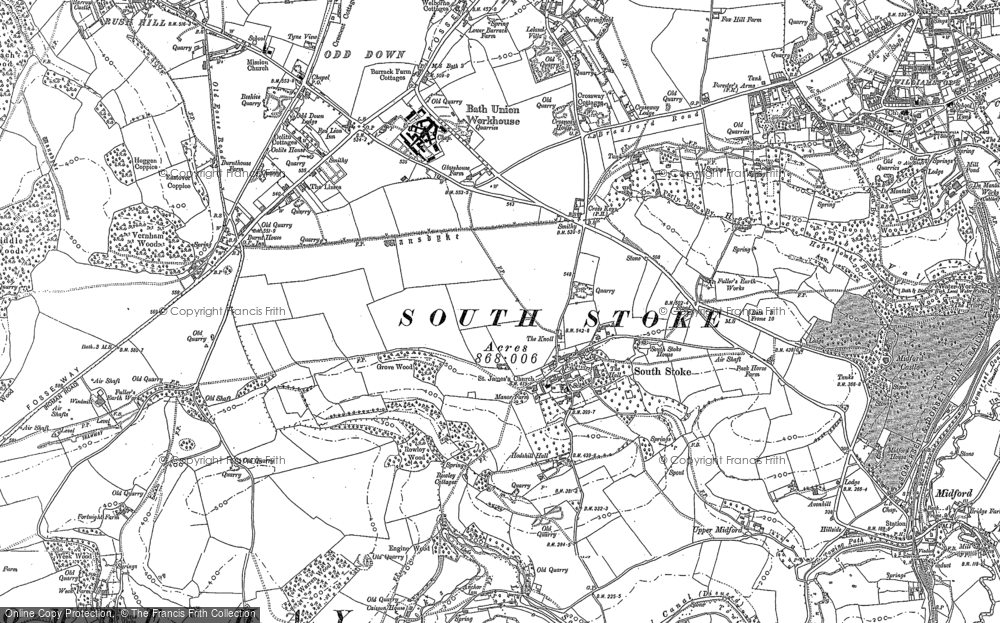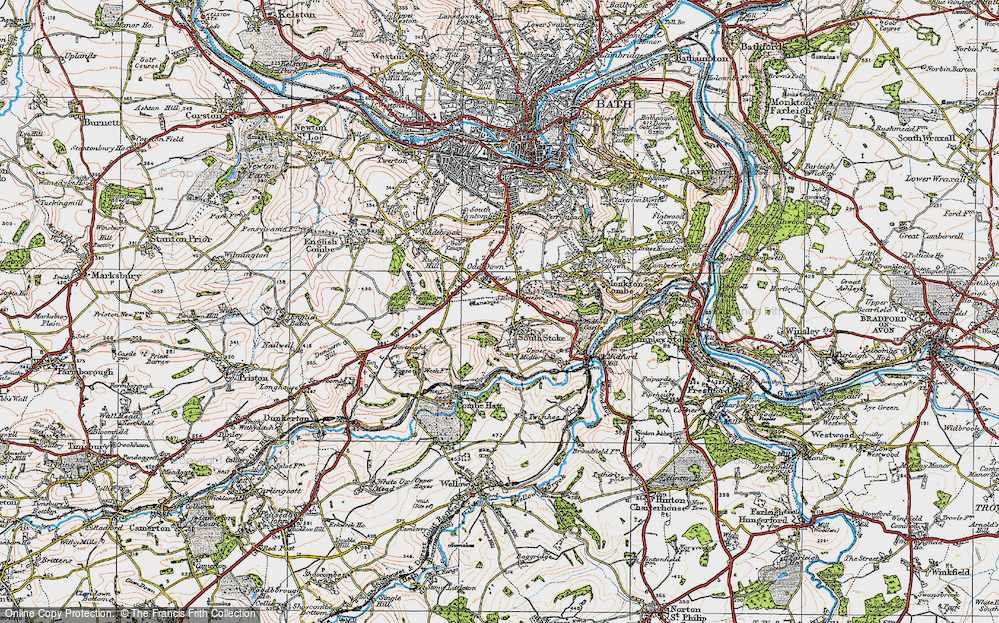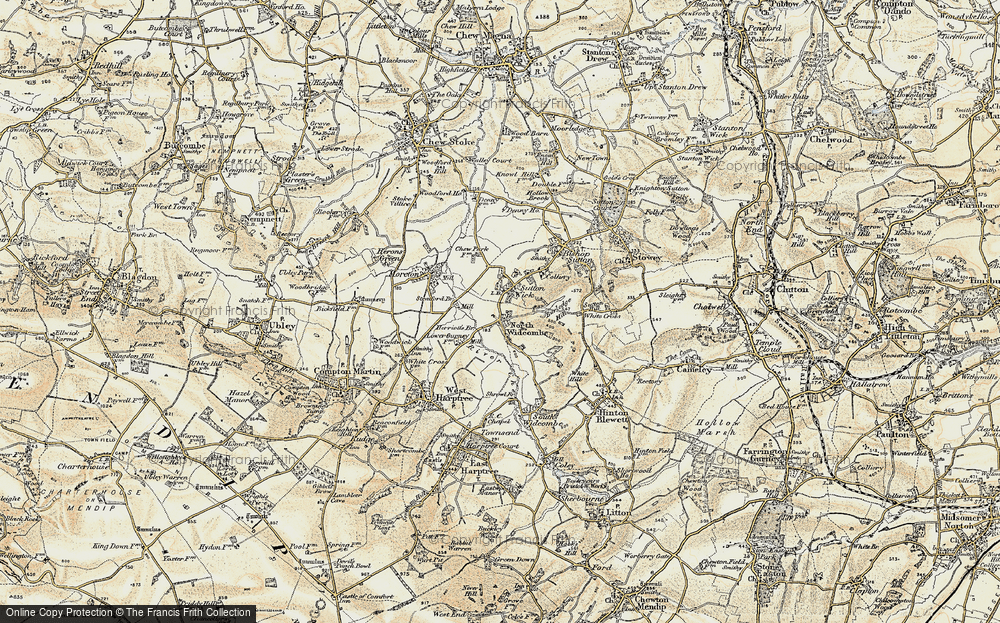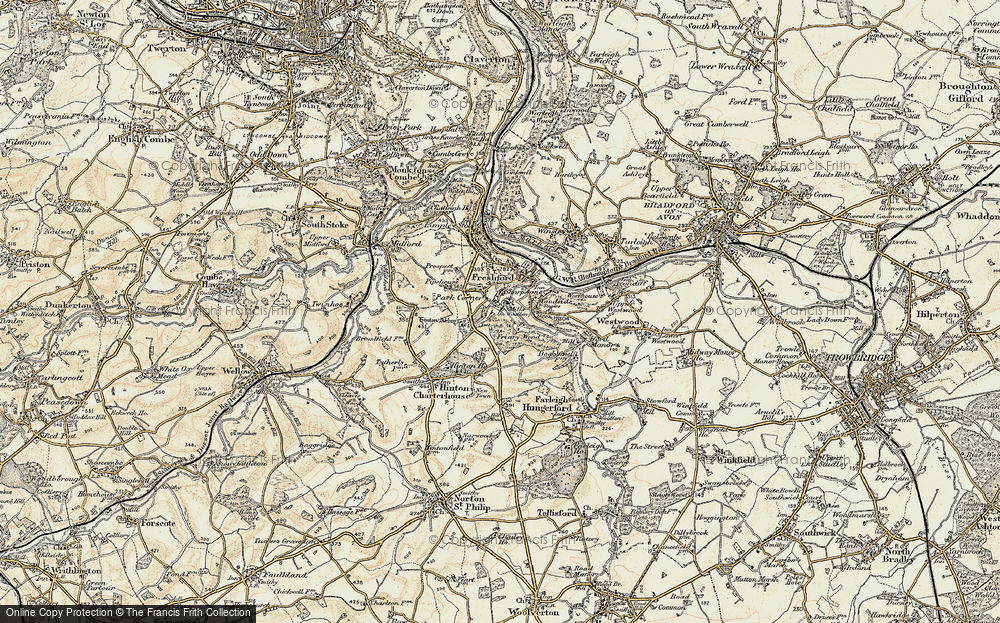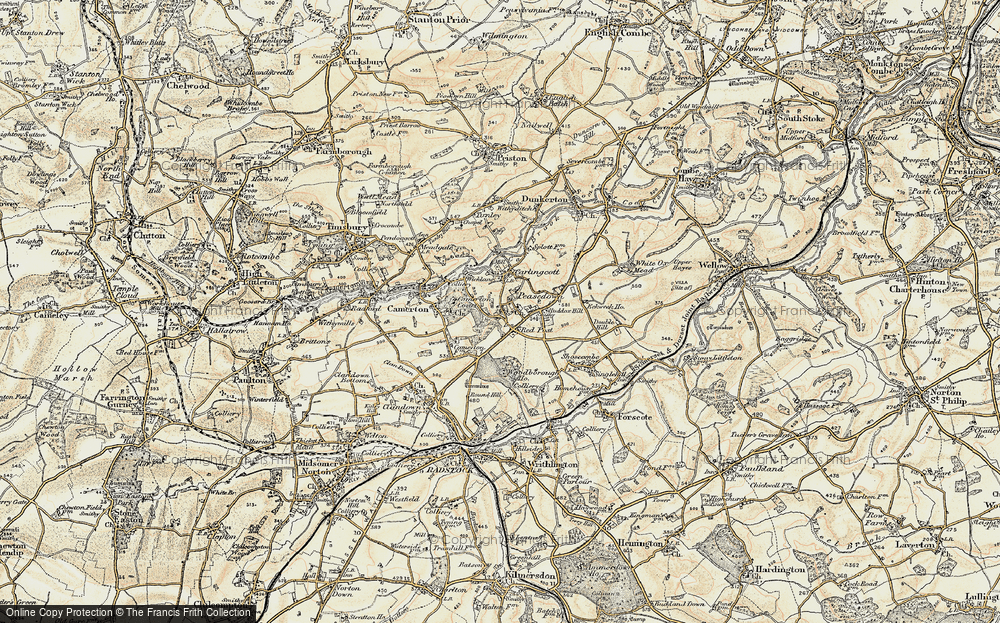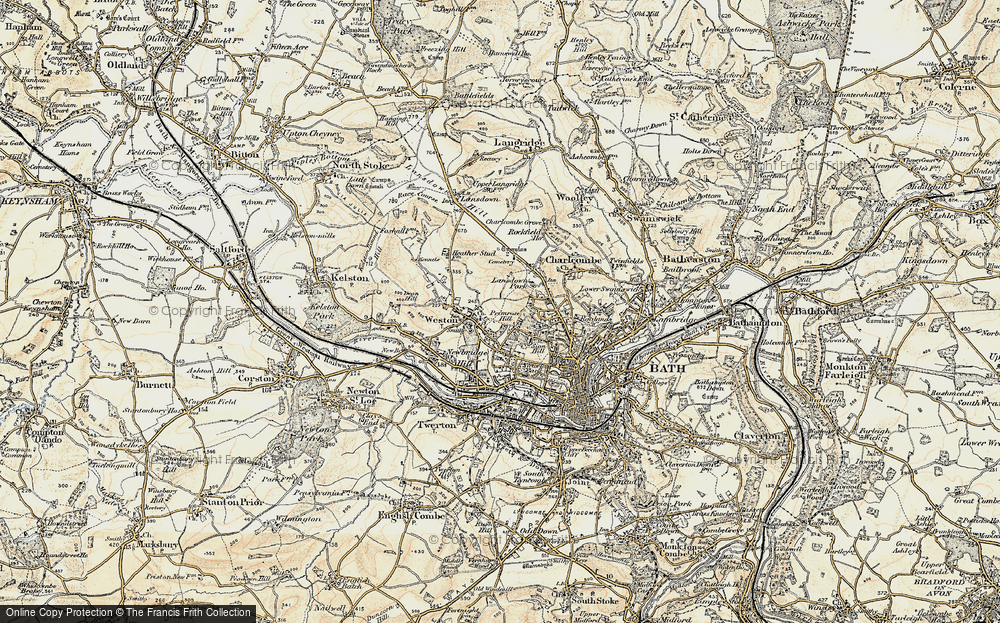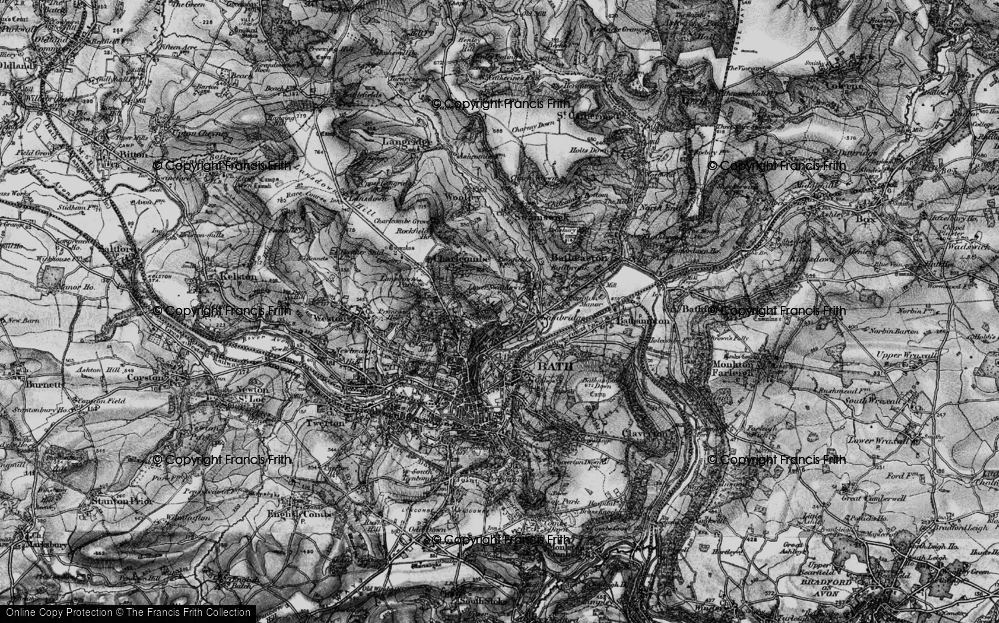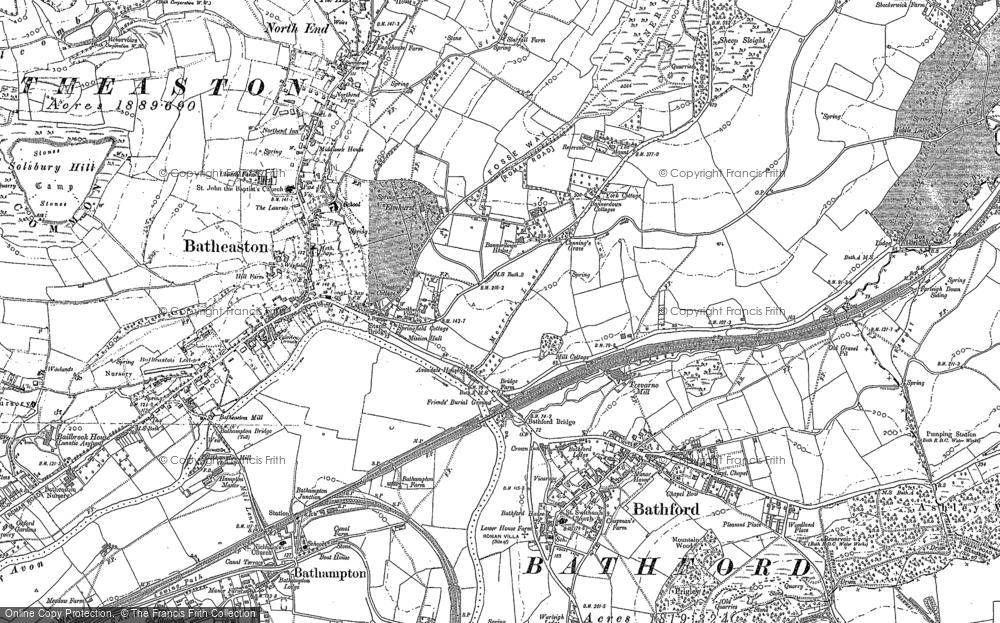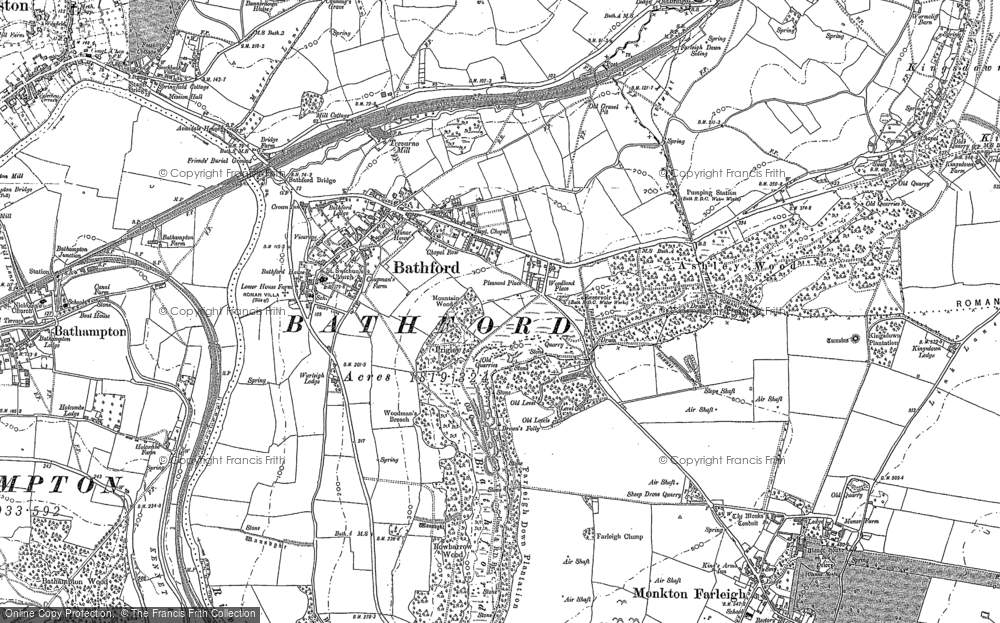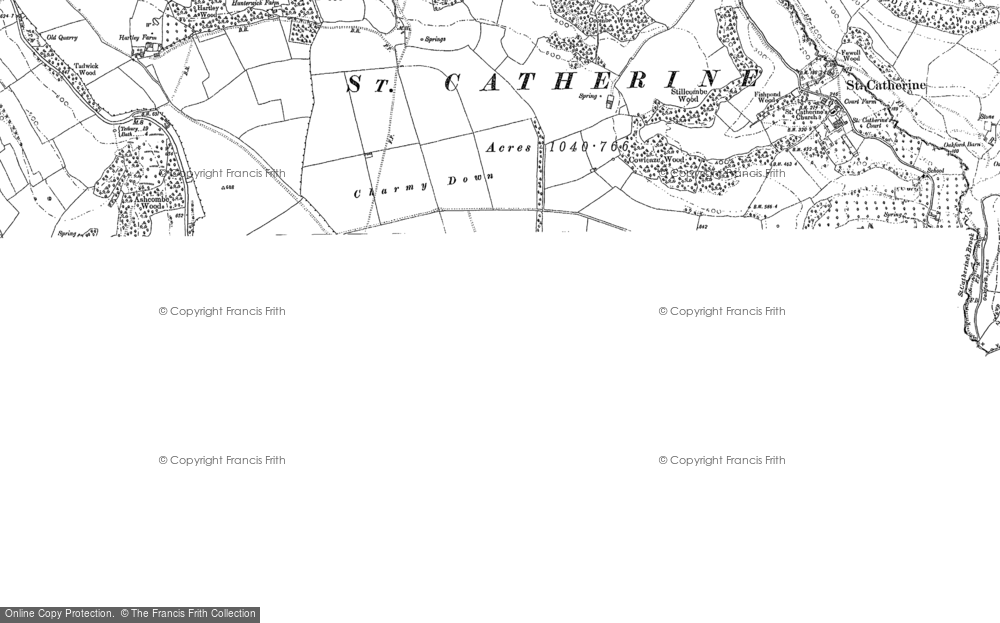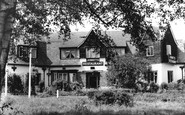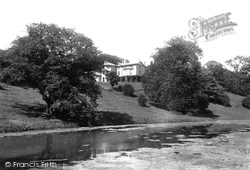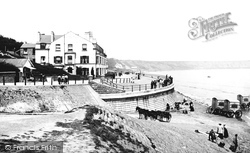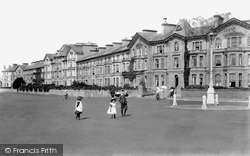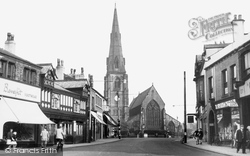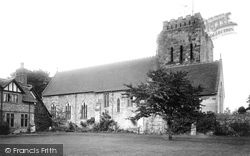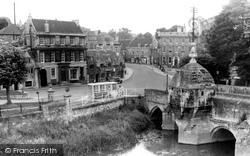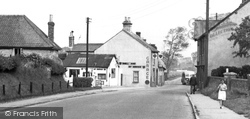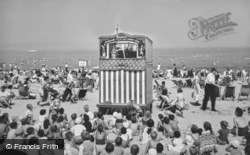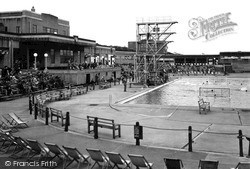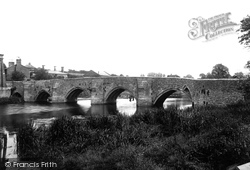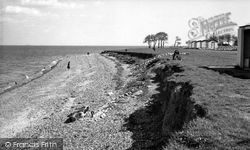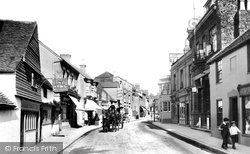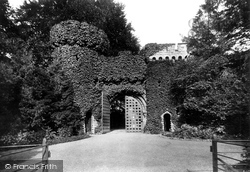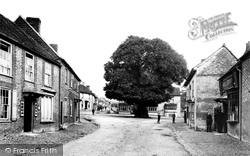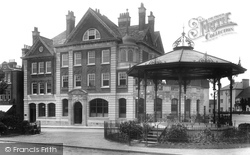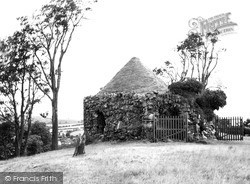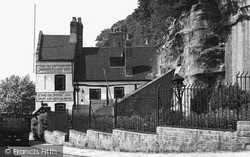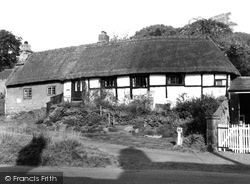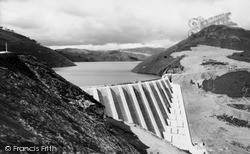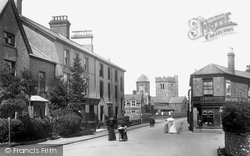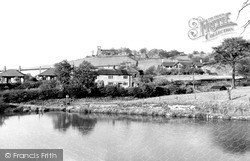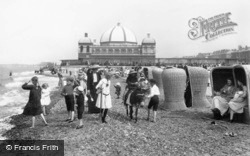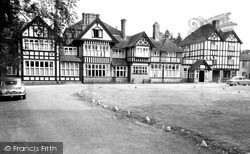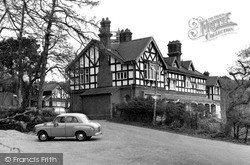Places
Sorry, no places were found that related to your search.
Photos
Sorry, no photos were found that related to your search.
Maps
1,353 maps found.
Books
3 books found. Showing results 793 to 3.
Memories
2,048 memories found. Showing results 331 to 340.
Childhood
I was born in East Dean but my grandparents lived in West Dean along with my aunts, uncles and cousins. I still have cousins in West Dean. My father was a Clifford and worked for East Brothers. I remember as a child playing ...Read more
A memory of West Dean in 1940 by
Childhood
I was the son of the cobbler at the Klondyke pit. All the kids at that time played in the streets or went up to the pit head baths for a shower, this was because there were no baths or showers in the miners' houses. Everybody in the ...Read more
A memory of Newcraighall in 1956 by
Childhood
My Mum, Dad and I moved to the new council houses in Boundaries Road (built on a bombsite) in 1957 when I was 1 year old, so obviously my first memories are of Balham. Dad went to work and Mum and I went shopping every day. These are some ...Read more
A memory of Balham by
Childhood
I lived here in the late 60's early 70's when it was closed. My dad Peter Bishop ran the pub up the road. Paid a nostalgic trip back here in Sept '19 and what a shame that the old place had gone. Still, brought back a lot of memories of ...Read more
A memory of Tadworth by
Childhood
I lived in Hamilton Road from 1940 until approx 1958. (my name then was Mortlock) I went to Ealing Road School and then Brentford Secondary Modern. I remember the air raid shelter at the top of Hamilton Road and hearing the sirens and ...Read more
A memory of Brentford in 1940 by
Childhood
I was born in Milland in 1942 at Great Trippetts Cottages. My father, Goody Luff, worked at the farm and had married the 'Nanny' from The Coombe. As with many farm cottages we had no running water or electricity. We relied on the well ...Read more
A memory of Milland in 1940 by
Childhood
I was born in Blands school house in December 1945 where I lived with my eldest sisters Sheila and Janet and later my brother Keith. My mum looked after the children and my dad ran the school as headmaster, At the side of the ...Read more
A memory of Burghfield Common in 1946 by
Childhood
I was born in the parlour of 25 Pierson Street in 1954. My Mam's name was Margaret (Meg) and my late father was Alf (or Hank) to his mates. He worked on the tugs on the River Tees. I don't have any memories of him as he died when I ...Read more
A memory of North Ormesby in 1954 by
Childhood Days
As I have lived all my life in Childer Thornton I have so many memories. I would just like to record some from my childhood. The village was a wonderful place to grow up in. There was no traffic to disturb our street play ...Read more
A memory of Childer Thornton in 1950 by
Childhood Days
I too have happy and sad memories of Thurnscoe. I started school in 1952 at Hill Infants. Mrs Cartlidge was our teacher. I still remember where I sat behind the door and being given a small blackboard and chalk on my first day ...Read more
A memory of Thurnscoe in 1952
Captions
1,059 captions found. Showing results 793 to 816.
Demolished in 1939, this house is thought to be the third dwelling on the site – the first was possibly a Norman tower.
On the right, Archibald Ramsden's bathing machines offer discreet changing facilities.
Exmouth has a good claim to be the first resort in Devon. Wars with France between 1793 and 1815 prevented the wealthy doing the 'Grand Tour', and so they came to Exmouth instead.
It was rebuilt between 1860 and 1862 to the design of Joseph Clarke; Yorkshire parpoint and Staffordshire ashlar were used for the external work and Bath stone ashlar inside.
The Abbey Church of St Editha dates from Norman times, but Polesworth Abbey is said to have been founded by King Egbert in 827.
This view up St Margaret's Street shows two fine Georgian buildings: the one on the left has a Tuscan-columned doorway, and the one on the right is Westbury House.
Stoborough Garage (centre) was owned for many years by Gordon Hands, who was also the motor engineer at Holton Heath.
It was the early use of bathing machines that made Weymouth such a popular resort for sea bathing.The larger machines ran down into the water on rails and consisted of a number of cubicles.
Opened in 1934, the bathing pool was one of the largest in the world and capable of holding 4,000 swimmers and 20,000 spectators.
With its five arches, this ragstone bridge over the River Medway is said to be the finest medieval bridge in the south of England.
This small landing bay off the Thames estuary near the Isle of Grain is popular with fishermen and amateur sailors.
The half-timbered 17th-century King's Arms, on the left, lays claim, along with The King's Head in neighbouring North Street, to be the original Marquis of Granby in Charles Dickens' comic novel The Pickwick
Devizes Castle was originally a Norman motte and bailey fortification, but was rebuilt in 1120, possibly by Bishop Osmund of Salisbury. It then fell into ruin.
The great elm in the Square presides over village activity.
Also built during Queen Victoria's Diamond Jubilee year was Frederick Wheeler's proud bank, now the Nat West, in Queen Anne style in plum brick and with extensive Bath stone dressings.
The grotto in Pontypool park was believed to have been the home of an old hermit, and is considered by academics to be the most important example in Wales.
Reputedly founded in 1189, the famous Ye Olde Trip to Jerusalem Inn claims to be the oldest in England.
The Bible tells us that we should build our houses on rock and not sand – and all the oldest cottages in Burton sit perched on outcrops of sandstone.
1965 saw the completion of this dam, which has made Llyn Clywedog Reservoir a nature lover's delight. The reservoir provides drinking water for consumers from Llanidloes to Bristol.
The green was at the heart of the old village. The tower of the Norman church of St Cadfan stands in the centre. The church was restored and partly rebuilt in 1882.
Straddling an unclassified road between Hayfield and Marple, the village of Mellor is noted for its church, which is dedicated to St Thomas.
This bustling scene looks east to the pier pavilion and the pier. The bucket and spades, bare feet, donkeys and wickerwork basket chairs recapture a vanished era.
The recent news is that spa water has been found about six hundred feet down, and the Golf Hotel is about to resurrect the spa baths sometime during 2005.
The Spinney, as the manor house of the parish of Sully, was sold at auction in 1938 as part of 164 acres of land that included Sully Island.
Places (0)
Photos (0)
Memories (2048)
Books (3)
Maps (1353)


